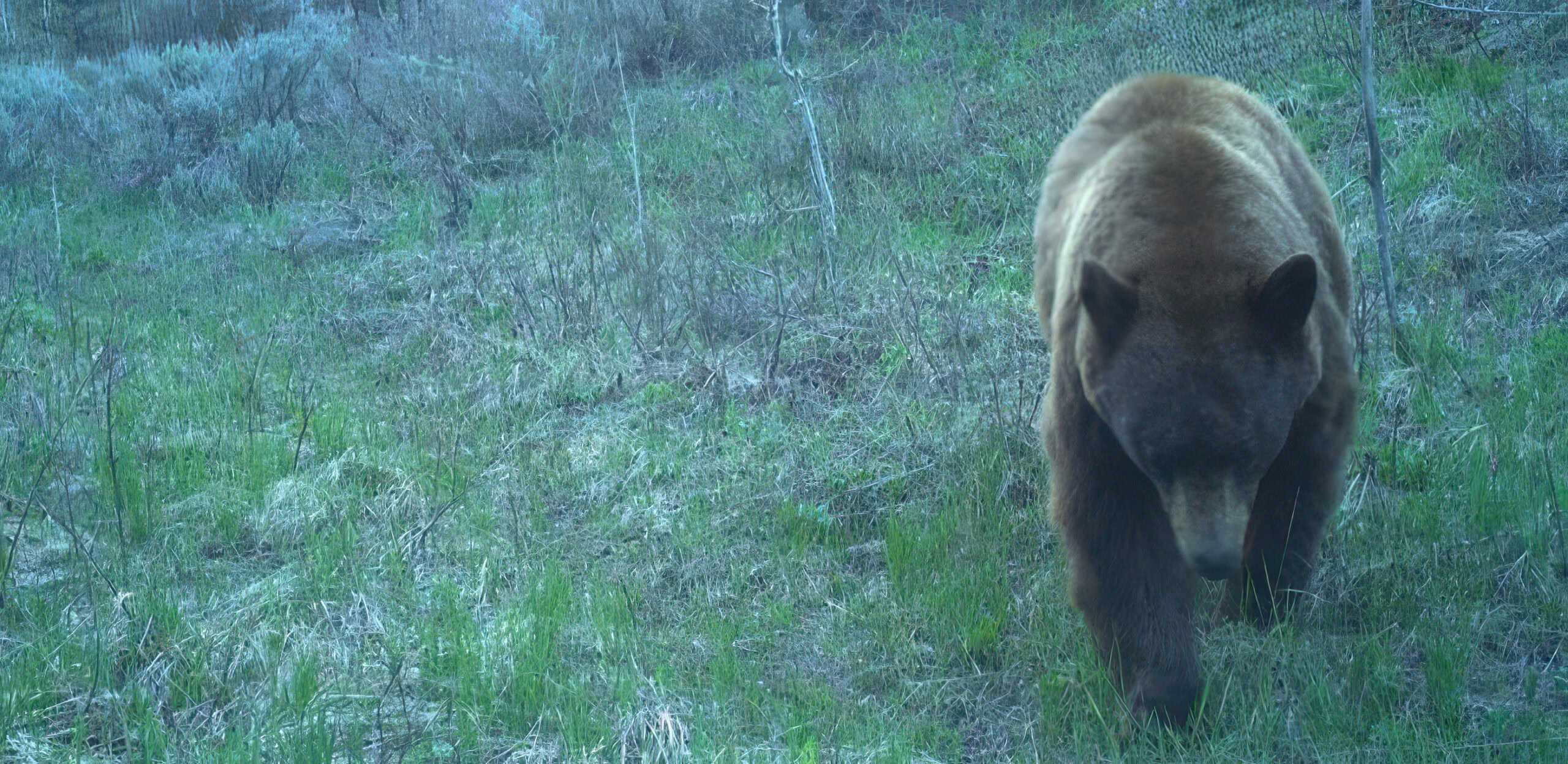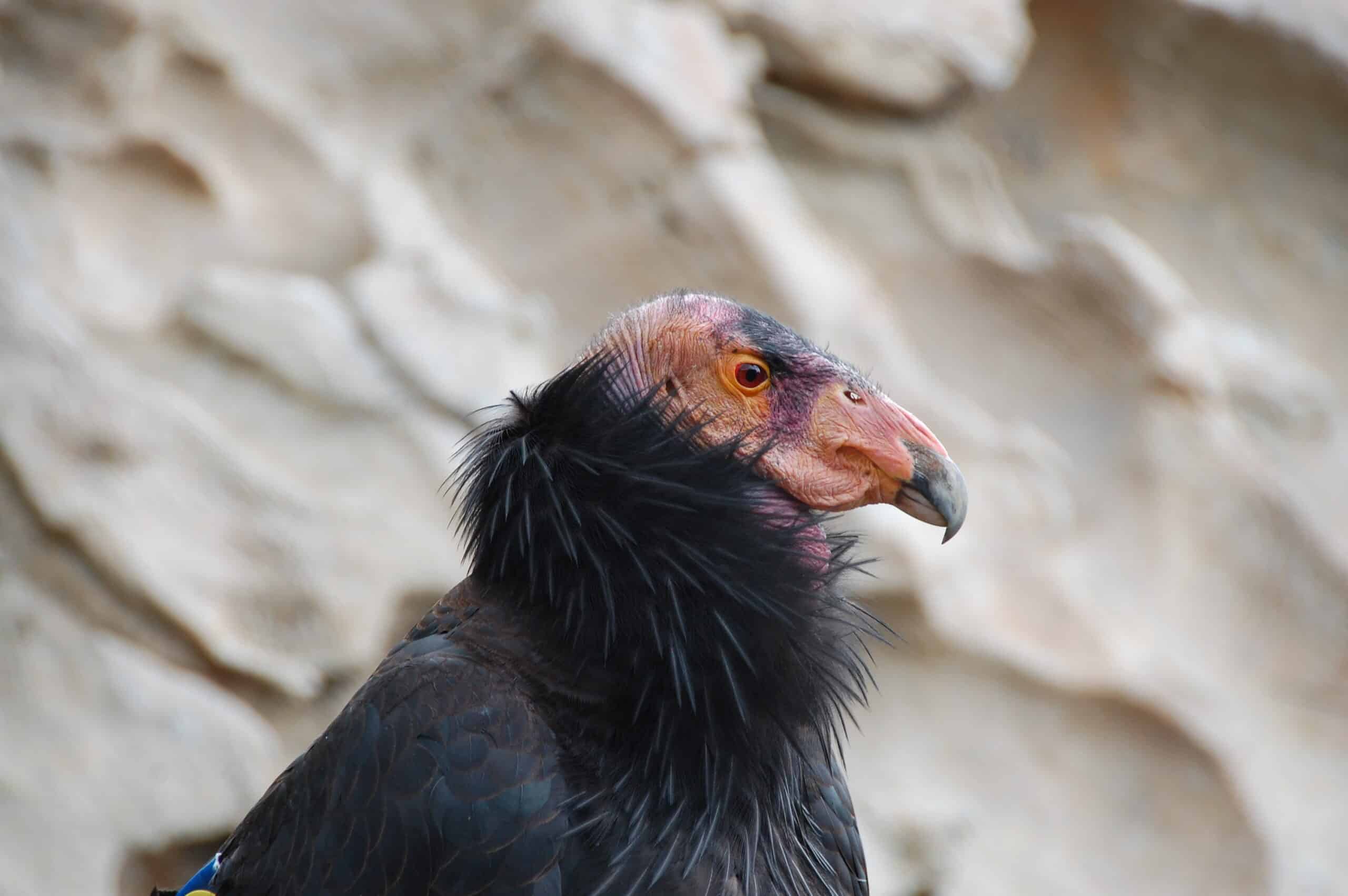Share this article
Wildlife trafficking bill introduced
A bipartisan bill introduced last week in the U.S. Senate, the Eliminate, Neutralize and Disrupt (END) Wildlife Trafficking Reauthorization and Improvements Act of 2020 (S. 4848), would permanently authorize the Presidential Task Force on Wildlife Trafficking, which was created in 2013. The task force is set to expire in 2021.
The legislation will also expand various provisions of the Eliminate, Neutralize, and Disrupt Wildlife Trafficking Act of 2016, a bill that authorized the Presidential Task Force on Wildlife Trafficking created under President Obama in 2013. That bill brought together 17 federal departments and offices to create a unified approach to halt illegal activities threatening the survival of elephants, rhinos and other iconic species. Last week’s legislation not only permanently authorizes that task force, but it would also update the task force’s responsibilities to include additional reporting requirements as well as a renewed focus on the use of technology in wildlife trafficking.
The presidential trafficking task force is led by the secretaries of State and the Interior as well as the attorney general. Each year, the task force issues a report assessing its work in implementing the U.S. National Strategy for Combating Wildlife Trafficking, as well as other efforts in the fight against wildlife trafficking. The 2019 report found that the task force was successfully combatting wildlife trafficking around the globe. It noted that “efficiencies are being identified and exploited, redundancies eliminated, and resources used more strategically.” The report also identified two dozen countries that are most involved in wildlife trafficking as major sources, transit points or consumers of illegal wildlife trade.
The bill introduced last week would also increase scrutiny of online trade in wildlife, which has increased in recent years as traffickers turn to social media and other online platforms to conduct illegal sales. Smuggling wildlife across international borders and selling it in violation of international laws, such as the Convention on International Trade in Endangered Species of Wild Fauna and Flora, has become a multi-billion-dollar illegal enterprise. Wildlife trafficking threatens biodiversity and conservation efforts for multiple species around the world. In Fiscal Year 2018, the U.S. government spent approximately $122 to combat wildlife trafficking worldwide.
Wildlife trade and trafficking have been at the forefront in Congress recently, given the apparent role of unregulated wildlife markets in the SARS-CoV-2 global pandemic.
Given the impending end of the current Congress and the competing demands on Congress’ time, as well as the U.S. general election, the bill is unlikely to advance far in this Congress but will probably be reintroduced in the future.
Header Image: The U.S. Fish and Wildlife Service staff sort ivory seized during undercover investigations of organized smuggling operations or confiscated at the U.S. border over the past 25 years. Credit: Robert Segin/USFWS








